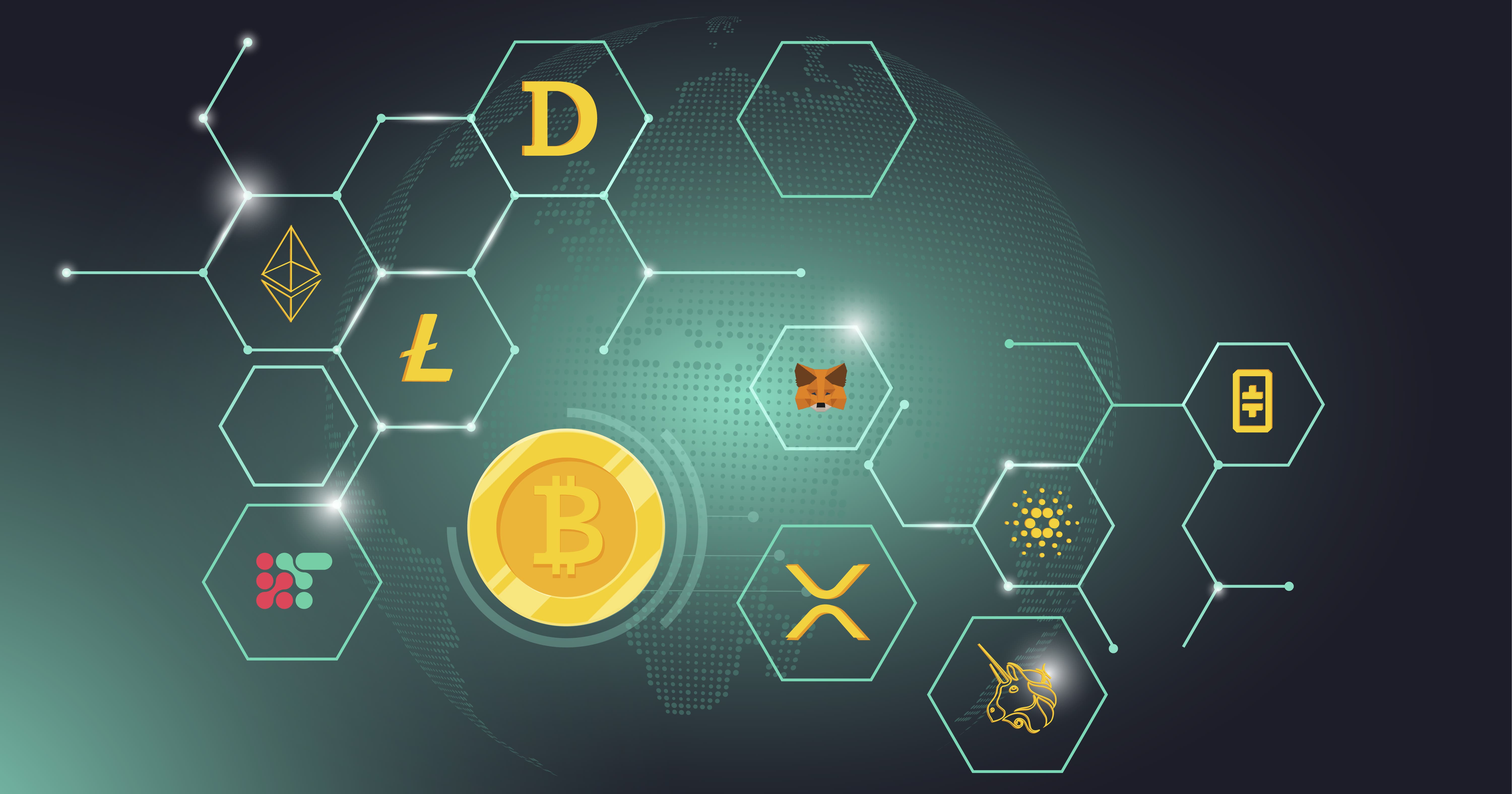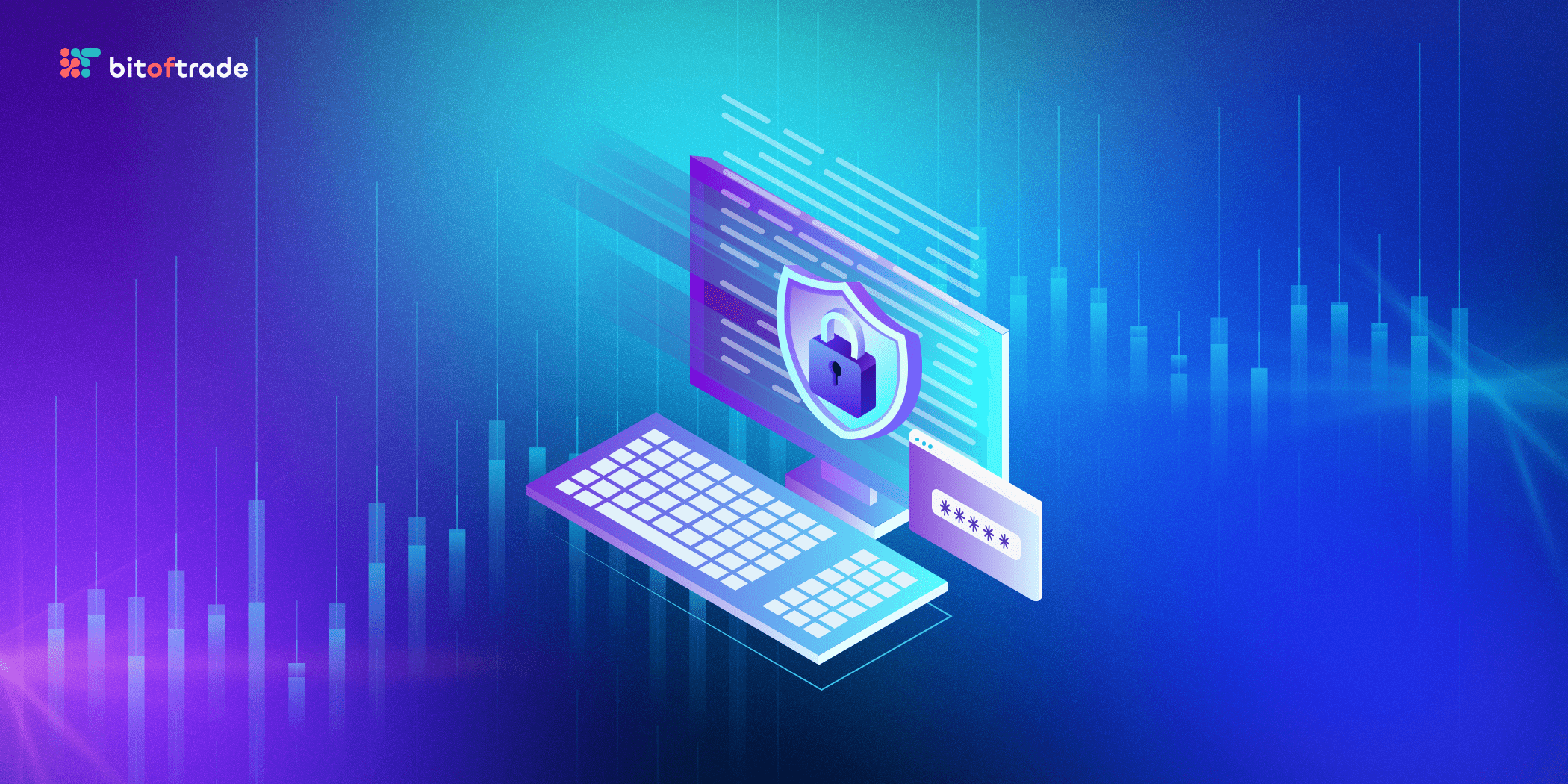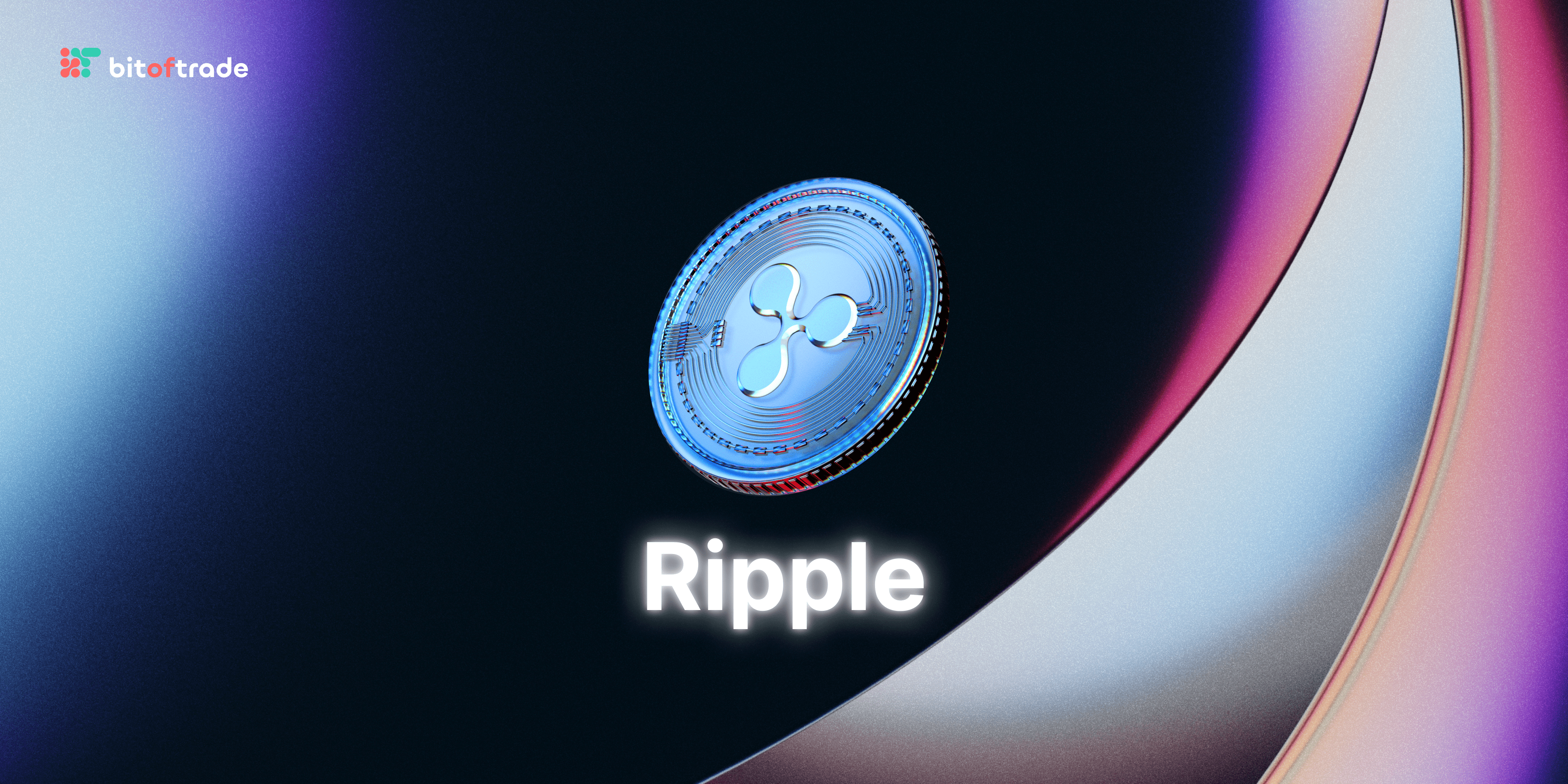Decentralized (DEX) vs. Centralized Exchanges (CEX): Who Will Win the Race?
Until 2019, centralized exchanges have been the most prominent (CEXs). However, in recent years, decentralized exchanges (DEXs) have become more popular. In 2021, the total volume of trades through decentralized exchanges exceeded $1 trillion, a massive 858% increase in 2020, according to The Block Research.
Let’s take a closer look at why decentralized exchanges are booming, why traders are preferring them, and the advantages of using a DEX?
What are Centralized (CEX) & Decentralized Exchanges (DEX)?
Centralized Exchanges (CEXs) are third-party platforms, acting similar to a traditional currency exchange. Users’ send funds to an exchange's wallet, and then the exchange executes the transaction for their customers.
Fees are charged for these transactions. Most centralized exchanges require customers to create accounts, verifying themselves (KYC), and the source of the funds. Centralized exchanges rely on their own internal security systems, processes, and people. Everything is handled internally or using trusted third parties.
All of this leaves most exchanges extremely vulnerable to cyber-attacks. The proof of which is the tens of billions of dollars that have been stolen from customers since 2011. Not only that, but given the KYC requirements, centralized exchanges are equally at risk from potential government bans, regulation, even taxes.
Decentralized Exchanges (DEXs) facilitate transactions and trades without requiring users to transfer funds, wallet keys, or other details so they can remain anonymous.
Transactions happen either peer-to-peer (P2P), or by using liquidity pools, such as Automated Market Makers (AMMs). They take place directly from a non-custodial private wallet, anonymously, without registration. This anonymity safeguards the market from overzealous government control. On a decentralized exchange, you stay in control of your funds with your own non-custodial wallet.
Why are Decentralized Exchanges booming?
As active crypto traders know, decentralized exchanges have accelerated in growth in a relatively short space of time. In January 2019, DEXs accounted for 0.11% of global crypto trade volume. However, that number soon increased to over 6% of global trade, or $20 billion a month in October 2020.
According to The Block Research, DEXs experienced a massive 858% increase in trading volume in 2021. A total of $1 trillion was traded through DEXs in 2021, compared to $115 billion in 2020. What a massive increase! Research shows that in May 2021, an impressive total of $162.8 billion was traded on decentralized exchanges, the busiest month of that year.
However, as new players emerge, and the volume of trades through decentralized exchanges keeps increasing, the market continues to adapt and grow. New exchanges, like bitoftrade, are taking into account some challenges traders have encountered when using other decentralized and centralized exchanges. Such as the need to create accounts, go through KYC and transparency issues.
What are the advantages of Decentralized Exchanges?
For traders preferring to remain anonymous and in control, creating an account (as you usually have to on a centralized exchange) is a dealbreaker. Especially in countries that are threatening to block crypto trading, such as Russia.
On both types of exchanges, fees are frequently a problem. Not only the cost of them, but in particular, the lack of transparency. When fees aren’t transparent, users never know what they are going to pay until after a transaction.
Say you’re expecting $1000 from a crypto swap, and the total fees cost 7.5% (overall, including gas fees, etc.) that’s $75. Maybe not a huge deal. But it’s more reassuring to know that beforehand; hence the value of bitoftrade’s promise for fees to remain transparent. On bitoftrade the user will be informed about the estimated fees he’s going to encounter before approving the transaction.
One of the challenges of making DEXs more accessible is the user-experience. Unless you’ve already got experience with crypto, many of these exchanges weren’t easy to use for the uninitiated. At bitoftrade, not only do we provide advanced trading tools and features, such as leverage trading, we also cater to any question our customers might have about crypto trading, guiding them on their journey exploring cryptocurrency.
Hence bitoftrade’s focus on making the app experience user-friendly, and easy to navigate, whether you’ve got experience with crypto exchanges and trading or not.
Why do we have the edge?
- Non-Custodial: Only you have access to your funds. Only you control your crypto.
- Completely Anonymous: No need to worry about Know Your Customer (KYC) requirements, setting up an account, or verification. Complete and secure anonymity.
- Transparency: No nasty costly surprises with bitoftrade. We show you exactly what any trade will cost BEFORE it’s executed.
- Advanced Trading Tools. With a super-easy, completely user-friendly app, anyone can execute complex multi-currency, fast-moving trades without any prior knowledge or experience. On bitoftrade, you can Swap, Leverage and perform Limit trades.
- Customer Service: bitoftrade provides the best customer service in crypto, with Live Chat, phone, and email. Alongside an extensive FAQ, Knowledge Base, Academy, and loads of other useful resources.
Decentralized Exchanges vs. Centralized: Key Benefits
Decentralized exchanges have numerous advantages over centralized exchanges. Users stay in control of their funds, and remains anonymous. There’s almost no risk of cyber-attacks, especially when funds remain faceless, in a user’s wallet.
Moreover, any possibility of state intervention is out of the question, as users don’t need to provide personal details and create accounts. A non-custodial approach, coupled with advanced trading solutions and transparent fees, provides much more guarantees than centralized exchanges.
Are you ready to embrace a completely decentralized, non-custodial, anonymous exchange? Give bitoftrade a go, here: https://bitoftrade.com


